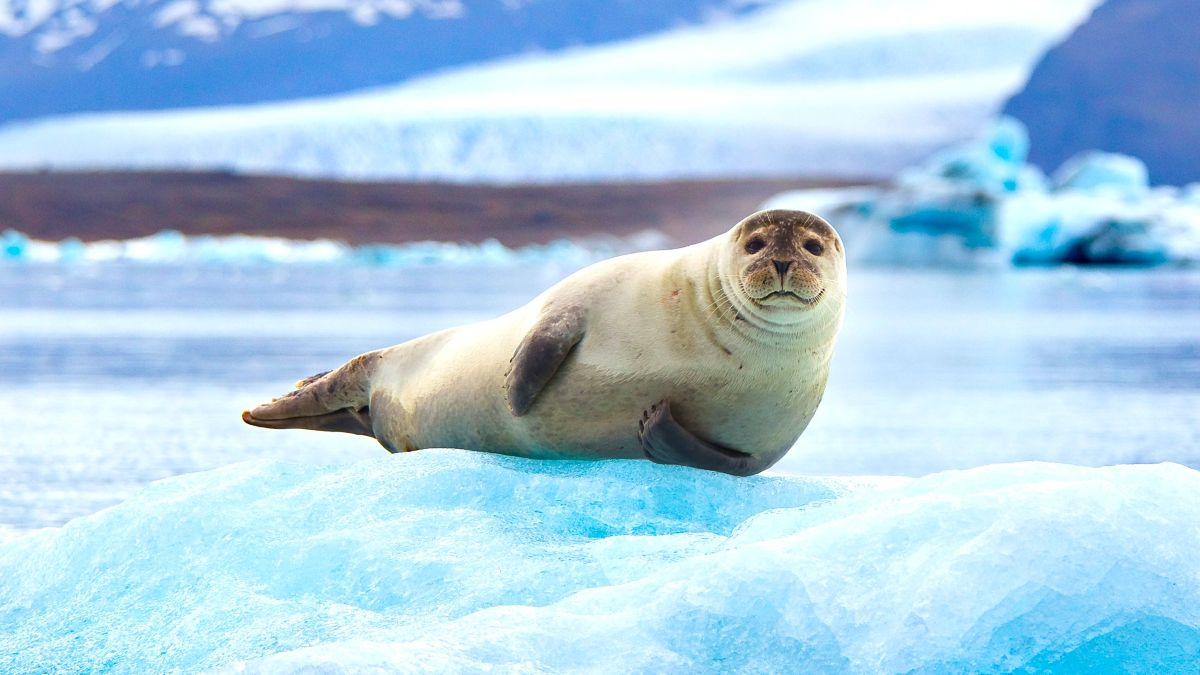
If you click on an article about the climate, you’re signing up for misery. For as long as I can remember, scientists have been hammering the nail that “we’re all turbo-doomed in ways you can’t possibly imagine” into our brains. Well, that may well still be the case, but today a unicorn has trotted over the horizon: some actually, no-kidding good news!
According to a study from the University of Exeter, the melting of Arctic sea ice has slowed dramatically over the last two decades, to the point that there’s been no statistically significant decline in its mass since 2005. We’ve all seen that dramatic footage of gigantic ice walls collapsing into the ocean, so what gives?
According to researcher Dr Mark England, while carbon emissions have risen and trap more heat within the atmosphere, that’s been counter-balanced by natural variations in ocean currents that limit the melting of ice. He said:
“It is surprising, when there is a current debate about whether global warming is accelerating, that we’re talking about a slowdown. The good news is that 10 to 15 years ago when sea ice loss was accelerating, some people were talking about an ice-free Arctic before 2020. But now the [natural] variability has switched to largely cancelling out sea ice loss. It has bought us a bit more time but it is a temporary reprieve – when it ends, it isn’t good news.”
…Yay?
Time to pop open the champagne? Well, hold off for a second. Dr England emphasizes this is only a “temporary reprieve” and that the melting of Arctic ice will almost certainly return to scary rates “at some point in the next five to 10 years”. Oh.
He also underlined that sea ice as a whole has halved since 1979, that the climate crisis is “unequivocably real”, and that humanity as a whole needs to take immediate and dramatic action if we want to maintain anything like our current standard of living:
“Climate change is unequivocally real, human-driven, and continues to pose serious threats. The fundamental science and urgency for climate action remain unchanged.”
He fears that climate skeptics will seize upon this data as proof that climate change is overblown or fictional and promptly begin burning fossil fuels like there’s no tomorrow. But, regardless, this is at least some good news about the climate. And yes, things may still be nightmarishly bad and set to get worse with no obvious political or economic solution, but at this point, I’ll cling to any positive news like a drowning man clings to floating wreckage.







